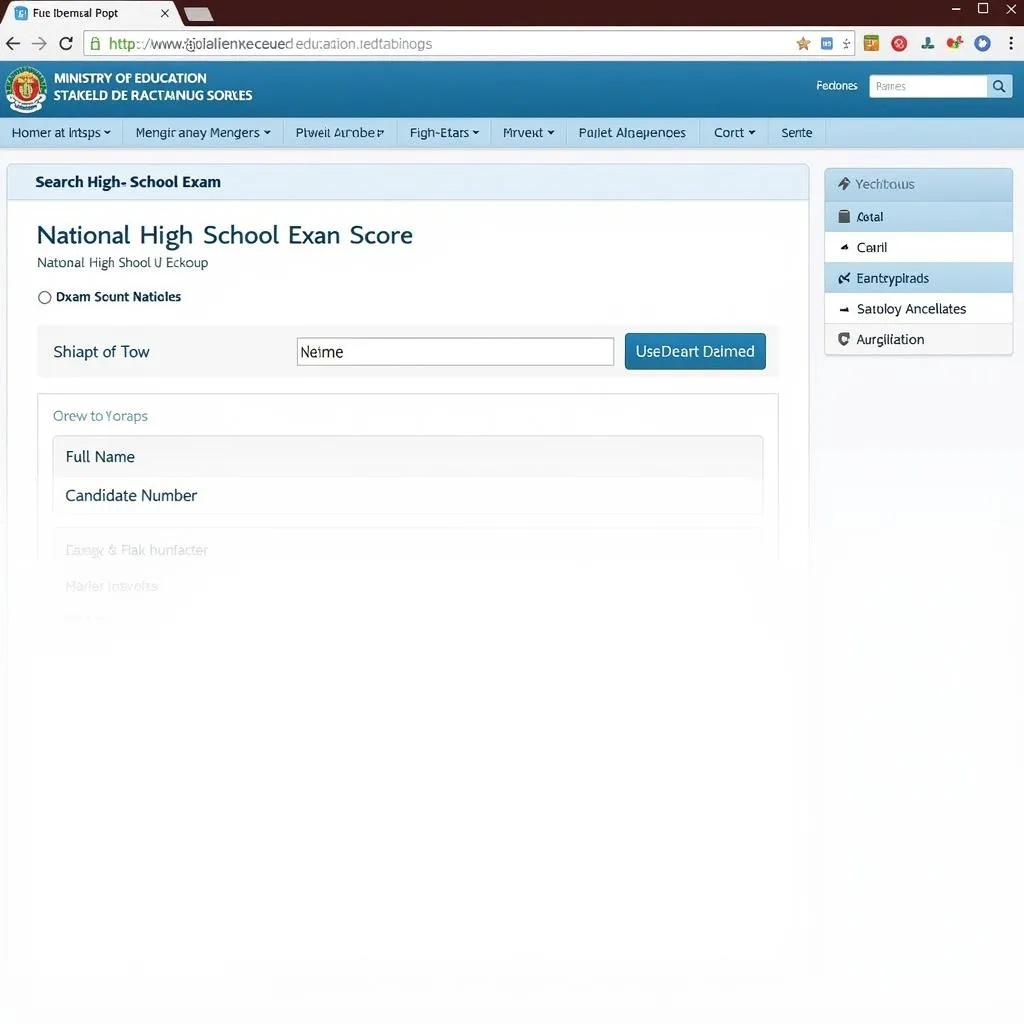Protecting our planet is a global concern, and communicating effectively about environmental issues is more critical than ever. At Gia Dinh High School, we believe fostering environmental awareness begins with empowering our students to express themselves eloquently in English. This article explores how we can craft impactful environmental messages that resonate with a global audience. We’ll delve into the nuances of conveying complex environmental concepts in English, enabling students to become powerful advocates for our planet. Let’s explore the ways we can use the English language to inspire action and create a sustainable future.
Protecting our environment is not merely a responsibility; it’s a necessity. With the growing urgency of environmental challenges, mastering the art of conveying environmental messages in English is paramount. This language serves as a bridge, connecting diverse communities and facilitating global collaboration towards a greener future. Effective communication is key to inspiring action and driving change. Whether you’re delivering a presentation, writing an essay, or simply engaging in a conversation, the ability to articulate environmental concerns in English can have a profound impact.
Crafting Compelling Environmental Messages: A Student’s Guide
Understanding your audience is the first step. Who are you trying to reach? What are their existing beliefs and values? Tailoring your message to resonate with your specific audience will greatly enhance its effectiveness. Consider their cultural background, age, and level of environmental awareness. For instance, when discussing climate change with younger audiences, using relatable examples and avoiding complex scientific jargon is essential. Framing the issue in terms of its impact on animals or future generations can make the message more impactful.
 Gia Định High School students presenting on environmental issues in English
Gia Định High School students presenting on environmental issues in English
Choosing the right words is crucial. Use strong verbs and vivid imagery to paint a picture of the issue you’re addressing. Avoid vague language or generalizations. Instead, provide concrete examples and data to support your claims. For example, instead of saying “pollution is bad,” you could say “air pollution from factories contributes to respiratory problems and premature deaths.” This provides a more specific and impactful message.
Utilizing English to Advocate for Environmental Protection
English offers a vast vocabulary related to environmental issues. Learning and using specific terminology, such as “biodiversity,” “deforestation,” or “renewable energy,” not only enhances the clarity of your message but also demonstrates your expertise. Remember, the goal is to inform and inspire action. By using precise language, you can ensure your audience understands the complexity of the issues at hand and the urgency of taking action.
You can find resources to help you improve your environmental vocabulary and communication skills at thuyết trình tiếng anh về môi trường. Practicing your speaking and writing skills regularly will further enhance your ability to communicate effectively.
 Students creating artwork to promote environmental protection
Students creating artwork to promote environmental protection
Beyond vocabulary, consider the tone and style of your message. Should it be formal or informal? Serious or hopeful? The tone you choose will significantly impact how your message is received. For instance, when addressing a formal audience like government officials, a more serious and professional tone is appropriate. However, when speaking to fellow students, a more informal and passionate approach might be more effective.
Inspiring Action Through Effective Communication
A well-crafted call to action is essential for any effective environmental message. What do you want your audience to do after hearing your message? Be specific and provide actionable steps they can take. For instance, you can encourage them to reduce their carbon footprint by using public transportation, recycling, or conserving energy. Alternatively, you can inspire them to get involved in local environmental initiatives or advocate for policy changes.
Remember, even small actions can make a big difference. By empowering your audience with clear and achievable steps, you can inspire real change. You can find inspiring examples of văn nghị luận bảo vệ môi trường to help you structure your arguments effectively. Consider exploring các trường có ngành truyền thông đa phương tiện if you’re passionate about using media to communicate environmental messages.
 An environmental awareness class at Gia Định High School
An environmental awareness class at Gia Định High School
In conclusion, delivering powerful environmental messages in English requires a combination of language skills, understanding of the audience, and a clear call to action. By honing these skills, students at Gia Định High School can become effective advocates for a sustainable future. Remember, communicating effectively about environmental issues is not just about speaking English; it’s about using your voice to protect our planet.
FAQ:
- What are some key environmental vocabulary words to learn in English?
- How can I make my environmental messages more persuasive?
- What are some effective calls to action for environmental campaigns?
- How can I adapt my message for different audiences?
- Where can I find resources for practicing English related to environmental topics?
- How can I connect with other students interested in environmental activism?
- What role does storytelling play in communicating environmental messages?
You can also find information on decorating our auditorium for Teacher’s Day at vẽ tranh trang trí hội trường ngày 20 11. Or perhaps you’d like a short and sweet description of our school before classes begin, available at tả trường em trước buổi học ngắn.
For further assistance, please contact us at Phone Number: 02223831609, Email: [email protected], or visit us at Đ. Nguyễn Văn Cừ, Trang Hạ, Từ Sơn, Bắc Ninh, Việt Nam. Our customer service team is available 24/7.






